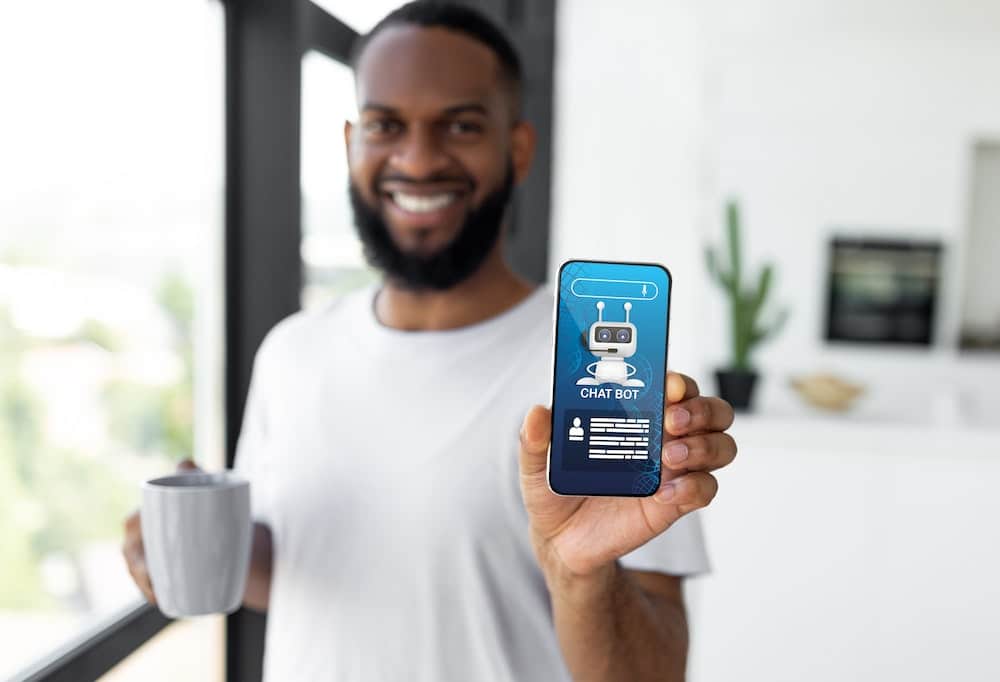What Are the Best Practices for Using Chatbots in Customer Service for UK Retail?

With the advent of digital transformation, businesses across the globe are embracing innovative technologies to enhance their customer service. One such technology that has significantly altered the dynamics of customer interaction is the ‘chatbot.’ In this article, we will delve into the best practices for using chatbots in customer service within the UK retail sector.
Understanding Chatbots and Their Role in Customer Service
Before we dive into the best practices, let’s understand what chatbots are and their role in customer service. Chatbots are artificial intelligence (AI) programs that interact with customers in a conversational manner. They are designed to replicate human interaction, providing immediate responses to customer queries and ensuring a seamless customer experience.
Also read : What Are the Effective Ways for UK Startups to Build a Positive Corporate Culture?
Chatbots are an integral part of customer service in retail, assisting customers in various ways. They can help users find products, answer frequently asked questions, and even process orders. Their ability to provide instant support 24/7 makes them indispensable in today’s digital age.
Businesses are increasingly integrating chatbots into their customer service to cater to the changing preferences of customers, who are now seeking quick and efficient service. A survey by Business Insider reported that 80% of businesses are either already using or plan to use chatbots by 2023. This trend underpins the importance of chatbots in shaping the future of customer service.
Also read : The best opportunities for truck driving jobs
Best Practices for Deploying Chatbots in Customer Service
As the use of chatbots in customer service becomes widespread, it’s important for businesses to follow certain best practices to ensure they deliver the best customer experience.
Firstly, businesses should focus on providing a simple and intuitive user interface. Customers should be able to easily navigate through the chatbot interface and find answers to their questions in the least possible time.
Next, the chatbot should offer personalized service. The bots should be able to analyze the customer’s previous interactions and buying patterns to provide personalized recommendations. This can significantly enhance the customer’s shopping experience.
Furthermore, businesses should ensure the chatbot is capable of handling a variety of queries. This requires a robust database with a wide range of possible questions and responses. Regular updates to the database will ensure that the bot is always prepared to handle new or uncommon queries.
Lastly, while chatbots can handle a majority of customer queries, there will always be complex issues that require human intervention. Therefore, businesses should ensure there’s a smooth transition from bot to human agent when needed.
The Role of Chatbots in Retail Marketing Strategies
Apart from providing customer support, chatbots also play a pivotal role in retail marketing strategies. They can collect valuable customer data, including buying preferences and behaviors, which can be used to personalize marketing campaigns and drive sales.
Chatbots can send personalized product recommendations, promotional offers, and reminders to customers based on their browsing history and past purchases. By doing so, they not only help increase sales but also foster customer loyalty.
Furthermore, chatbots can be integrated with various social media platforms, enabling businesses to reach a broader audience and engage with them effectively. For instance, a chatbot can interact with users on Facebook, answering their queries and even guiding them through the purchase process.
The Future of Chatbots in Customer Service
As we look towards the future, the role of chatbots in customer service is set to become even more significant. With advancements in AI and machine learning, chatbots are becoming smarter and more efficient in providing customer support.
Increasingly, chatbots are expected to handle more complex tasks, such as processing returns or resolving complicated customer issues, reducing the need for human intervention. This will not only improve the customer experience but also free up time for customer service representatives to focus on more complex tasks.
Moreover, the integration of chatbots with other emerging technologies like augmented reality (AR) and virtual reality (VR) holds great potential. For instance, a virtual shopping assistant can provide a more immersive and engaging shopping experience for customers.
While chatbots are revolutionizing customer service in the UK retail sector, businesses must keep in mind that they are not a replacement for human interaction. They are a tool to enhance customer service by providing quick and efficient support. By following the best practices and continually adapting to the changing needs of customers, businesses can leverage chatbots to deliver an exceptional customer experience.
Integrating Chatbots with Social Media Platforms
Given the vast number of users on various social media platforms, it makes sense for businesses to integrate their chatbots with these platforms to reach a wider audience. This can immensely expand the chatbot’s reach and effectiveness.
For instance, through Facebook Messenger, businesses can connect with their customers directly. They can use an ecommerce chatbot to assist users with their shopping needs on the platform, answer frequently asked questions, guide users through the purchase process, or even offer a free trial of their service. With natural language processing technology, these chatbots can understand and respond to user queries effectively.
Moreover, businesses can use a bot builder to create a chatbot that suits their specific needs and integrates seamlessly with their existing social media platforms. This way, businesses can provide their customers with a consistent experience across all platforms.
Apart from handling customer queries, social media integrated chatbots can also play a key role in marketing. They can send out promotional messages, alert customers about sales or new product launches, and provide personalized product recommendations based on the customer’s browsing history and previous interactions.
However, businesses must remember that while chatbots can greatly enhance customer support, they should not completely replace human interaction. For complex issues or queries, there should always be an option for customers to connect with a live chat agent.
Conclusion: Leveraging Chatbots for Superior Customer Service in UK Retail
In conclusion, the use of chatbots in customer service within the UK retail sector has become an essential strategy to deliver fast and efficient customer support. Considering the speed, accuracy, and convenience that service chatbots offer, it is clear why they have become such integral tools in the realm of customer service.
These AI-powered solutions have not only improved the way businesses handle customer queries but have also transformed the way they interact with their customers. By using chatbots, businesses can provide personalized, instant responses to customer queries, enhancing the overall customer experience.
Furthermore, the integration of chatbots with social media platforms like Facebook Messenger has allowed businesses to reach out to a larger audience and offer seamless support. Plus, chatbots have emerged as powerful marketing tools, enabling businesses to gather valuable customer data, personalize marketing campaigns, and foster customer loyalty.
However, businesses must keep in mind that while chatbots are highly effective tools, they are not a substitute for human interaction. There are, and always will be, certain customer queries and issues that require a human touch.
Ultimately, the future of customer service lies in harnessing the best of both worlds – the efficiency of chatbots and the empathy of human customer service representatives. As we move forward, businesses that balance these elements effectively will lead the way in providing exceptional customer service in the UK retail sector.
